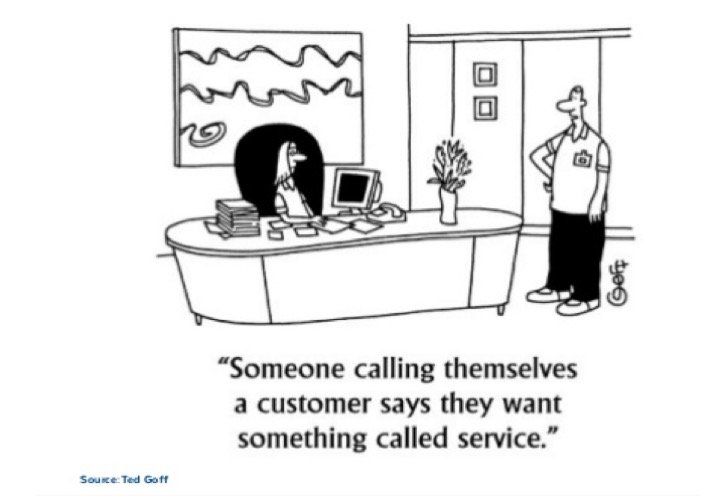Adluceo Approach
- by Paul Kelly
- •
- 23 Aug, 2019
What is the Adluceo Approach

Organisations operate as part of a wider ecosystem made up of other organisations, groups or individuals.
These broader systems maybe the supply chains or value chains they operate in.
Organisations, their supply chains & environment are increasingly volatile, uncertain, complex & ambiguous (VUCA).
The challenges faced in developing & implementing strategy are complex. Many of the problems faced are chronic; they resist & persist. Against the context of increasing expectations from its many stakeholders, organisations are faced with a number of challenges including:
- Not delivering required service levels, growth or returns on investment
- A lack of alignment between strategy and execution & between different functions
- Issues related to poor supplier performance
- Unclear accountabilities, corrosive politics, cultural misunderstandings, or poor collaboration
- A sense of 'running on empty', 'chaotic role movement' & overly complex processes
- Difficulties in being more agile, innovative & making better, quicker decisions
- A lack of strategic direction.
It's not surprising that CEOs & their boards aren't always sure that they know what to do or how to do it.
Questions include:-
Developing strategy: "Am I doing the right things?"
Improving Operations: “Am I doing things in the right way?” - "How could I change the things I'm doing?"
Managing change: "How do I achieve the changes required?
How can we approach answering these questions in innovative, inclusive, holistic & effective ways?
How can we encourage positive disruption & deliver more successful sustainable changes?
My approach to systems activism is based on applying a 3-step process.
Discovery involves considering the whole situation, exploring the why as well as the what, when, who & how. It's about engaging with those involved & affected, & valuing different 'world-views'. A vital part of this step is allowing stakeholders, & the system, to tell their story. It is through storytellingthat we can start to make sense of complexity. Discovery leads to those aspects of the system(s) that should be focussed on emerging and supports a more comprehensive diagnosis of the issues faced. Discovery is about what is.
Design is about working collaboratively to develop options based on the new insight gained during Discovery. Working jointly in the design of a new strategy and the target operating modelrequired to make the strategy a reality is more productive & enjoyable! Developing the new stories that bring to life the desired changes is a great way to communicate a vision & engage with those who will help make it happen. Design is about what could be.
Delivery comprises establishing the programme & support required to implement the changes necessary. Delivery is about what will be.






